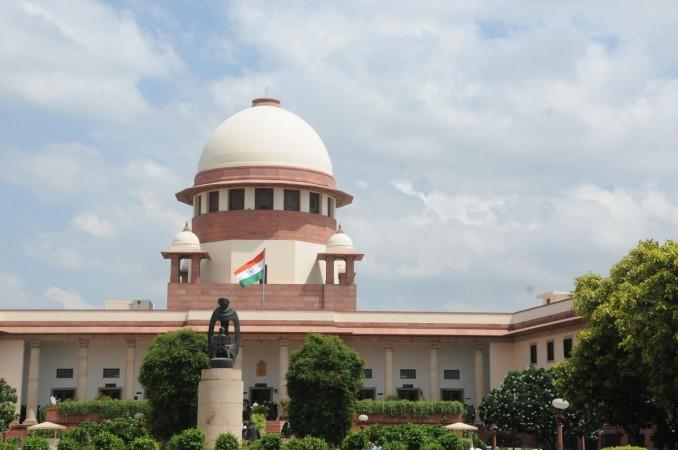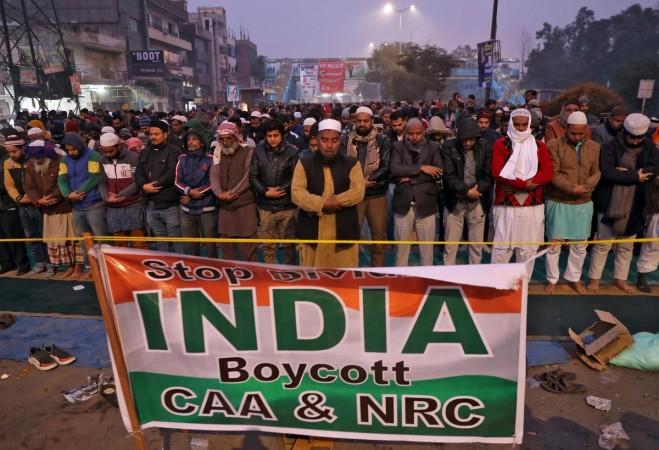Hearing around 140 petitions against the contentious Citizenship Amendment Act (CAA) on Wednesday, January 22, the Supreme Court refused to stay the contentious Citizenship (Amendment) Act (CAA) until it heard the Centre's response. It has given the Centre four weeks to reply on the pleas.
A three-member bench, headed by Chief Justice SA Bobde, said that interim order on CAA petitions will be heard by a five-judge constitution bench.

The apex court has also further restrained all high courts from hearing pleas on CAA until it decides petitions. Categories of cases on CAA related to Assam and Tripura have also been created and the court will pass preliminary orders on separate issues.
Arguing for the Centre, Attorney General KK Venugopal said the government had been given copies of only 60 of 143 pleas and hence required more time to respond.
Senior advocate Kapil Sibal appearing for Indian Union Muslim League challenging the new law urged the court to postpone the process for a few months. However, AG Venugopal opposed it saying it was equivalent to a stay.
"It means as good as granting stay on the operation of the law," said the AG. The Chief Justice responded: "We aren't going to pass any such order today."
What does the CAA say?
The CAA seeks to provide Indian nationality to Hindus, Christians, Sikhs, Parsis, Jains and Buddhists fleeing persecution from Pakistan, Afghanistan and Bangladesh.

The Citizenship Amendment Act seeks to amend the Citizenship Act, 1955 to make Hindu, Sikh, Buddhist, Jain, Parsi, and Christian illegal migrants from Afghanistan, Bangladesh, and Pakistan, eligible for citizenship of India.
Highlights of the Citizenship Amendment Act
- Granting nationality to non-Muslim immigrants from neighbouring countries.
- The Citizenship Act, 1955, one of the requirements for citizenship was that the applicant must have resided in India in the last 12 months, as well as for 11 of the previous 14 years.
- Now the amendment relaxes the second requirement — from 11 years to six years.
- Provides that the registration of Overseas Citizen of India (OCI) cardholders may be cancelled if they violate any law.


![BJP fields Tashi Gyalson for Ladakh; drops sitting MP [details] BJP fields Tashi Gyalson for Ladakh; drops sitting MP [details]](https://data1.ibtimes.co.in/en/full/797185/bjp-fields-tashi-gyalson-ladakh-drops-sitting-mp-details.jpg?w=220&h=135&l=50&t=40)





![BJP fields Tashi Gyalson for Ladakh; drops sitting MP [details]](https://data1.ibtimes.co.in/en/full/797185/bjp-fields-tashi-gyalson-ladakh-drops-sitting-mp-details.jpg?w=220&h=138)








![BJP fields Tashi Gyalson for Ladakh; drops sitting MP [details]](https://data1.ibtimes.co.in/en/full/797185/bjp-fields-tashi-gyalson-ladakh-drops-sitting-mp-details.jpg?w=220&h=135)